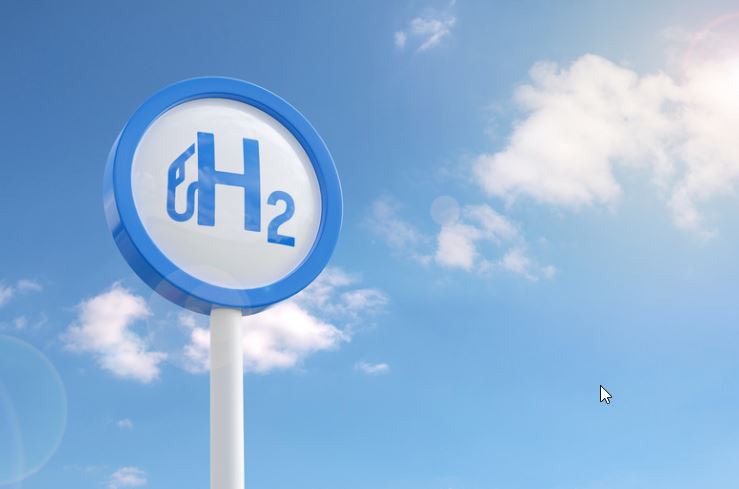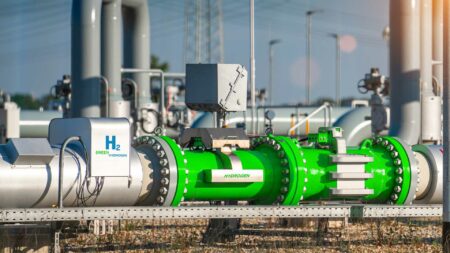Quantitative risk assessment (QRA) has emerged as a pivotal tool in the safe deployment of hydrogen technologies—a necessity underscored by recent assessments of liquid hydrogen (LH2) fueling stations. According to research findings published in the International Journal of Hydrogen Energy, the frequency of significant hydrogen releases in high-capacity fueling stations is calculated at 1.48×10^-2 per station-year. This data point exemplifies the need for rigorous safety protocols in the hydrogen energy sector, a field where risk quantification remains a burgeoning yet essential science.
Drawing from quantitative metrics and causal analysis, researchers have leveraged fault trees and event sequence diagrams to model hazardous scenarios within hydrogen fueling stations. The primary goal has been to understand the causative pathways leading to hydrogen releases—both gaseous hydrogen (GH2) and liquid hydrogen (LH2)—and their consequential outcomes. The resultant data indicates potential ignition event frequencies at approximately 1.35×10^-5 per station-year when existing control barriers are considered. While this reduction reflects effective risk mitigation strategies, it also highlights the persistent dangers inherent in hydrogen handling that surpass the safety benchmarks of conventional gasoline stations.
One of the core elements of the analysis involves examining the potential harm to station users through physical and empirical modeling methods. The findings expose that the most severe risk scenario occurs with high-pressure GH2 releases, which can precipitate jet fires stretching up to 15 meters. This scenario underscores the critical nature of mastering control over the primary GH2 and LH2 release points—namely, the gaseous hydrogen filters and cryogenic pumps, respectively.
Risk reduction in this evolving field necessitates addressing several identified research gaps. The study notes a particularly crucial need for improved reliability data to enhance the accuracy of LH2 system evaluations. This call for precision reflects an industry-wide push towards achieving safety parity between hydrogen fueling stations and traditional energy refueling infrastructures.
By integrating such findings, stakeholders hope to sculpt more reliable and safer hydrogen fueling facilities. As the hydrogen fuel industry expands, investments in these risk assessments will continue to offer dividends—not only in compliance and safety but also in public trust and operational efficiency. Continued research into enhanced data collection and analysis, rooted in the insights gathered from QRAs, remains paramount for solidifying hydrogen’s role in the future energy landscape.








